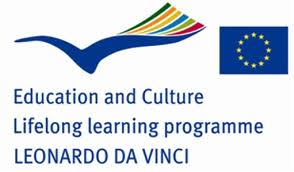
Hydroponics – Contemporary Expression of Agricultural Practice
November 28, 2024
ALFAALFA-ORGANIC CROP MANAGEMENT
November 28, 2024Be(e) productive
Project Summary
In this training programme, participated 20 apiarist form all over Greece.
Beekeeping in Greece is a livestock sector that is estimated to cover 2.4% of the value of animal production and 0.55% of the total gross value of agricultural production. The beekeeping sector employs about 17,000 active apiarist, who are mainly engaged in honey production while a very small percentage of producers are engaged in other bee products such as royal jelly, wax, propolis, poison, pollen. In recent years there has been an ever-increasing interest in the role of other cell products in cosmetology, in the prevention of various diseases and in health in general. The result of the growing interest and demand is also the increase in the selling prices of these products with typical examples of propolis which shows wholesale prices of 50 € per kilo untreated or 10 € per 10 gr in the form of extract and the poison with a selling price that reaches $ 100-200 / g of dry poison.
This project focused on the need to support 20 apiarist from all over Greece in training activities related to the beekeeping sector and especially the production of hive products other than honey. The aim was to acquire and use skills and qualifications knowledge in order to encourage them to develop and improve production, maintenance and standardization techniques for these products. As a result, they can improve their financial situation, stabilize their income, and become more competitive by being able to produce cheaper honey and by-products that compete with cheap imported honey and hive products as their promotion networks improve.
The aim was also to meet the need to enhance the attractiveness of vocational education, training and mobility in order to increase the participation in training and retraining activities of more producers of bee products and to demonstrate the importance of Lifelong Learning in their professional and personal development.
The project took place in Hungary during October 2014 and the hosting organization was Research Centre for Farm Animal Gene Conservation.





